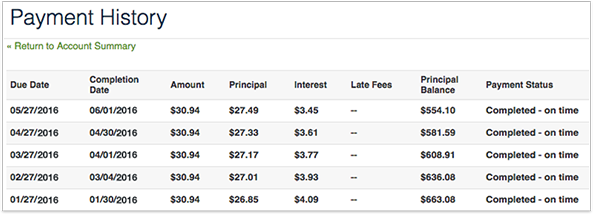Service Your Own Loans or Outsource them?
Most clients give a lot of thought into whether they should service loans in-house or outsource them to a loan servicer. Here are some considerations and some common thoughts on those considerations: Control v. Overhead If you service the loans yourself, you have complete control over the information. That comes in handy should an investor call you and ask how the portfolio is doing. You can with a few clicks of the mouse button find the information while they are on the phone. With a loan servicer servicing your loans, you may not be able to find out that information rapidly and may have to call the loan servicer to get that information. However, by outsourcing your loan servicing, you lessen your overhead by not needing a person to service…







